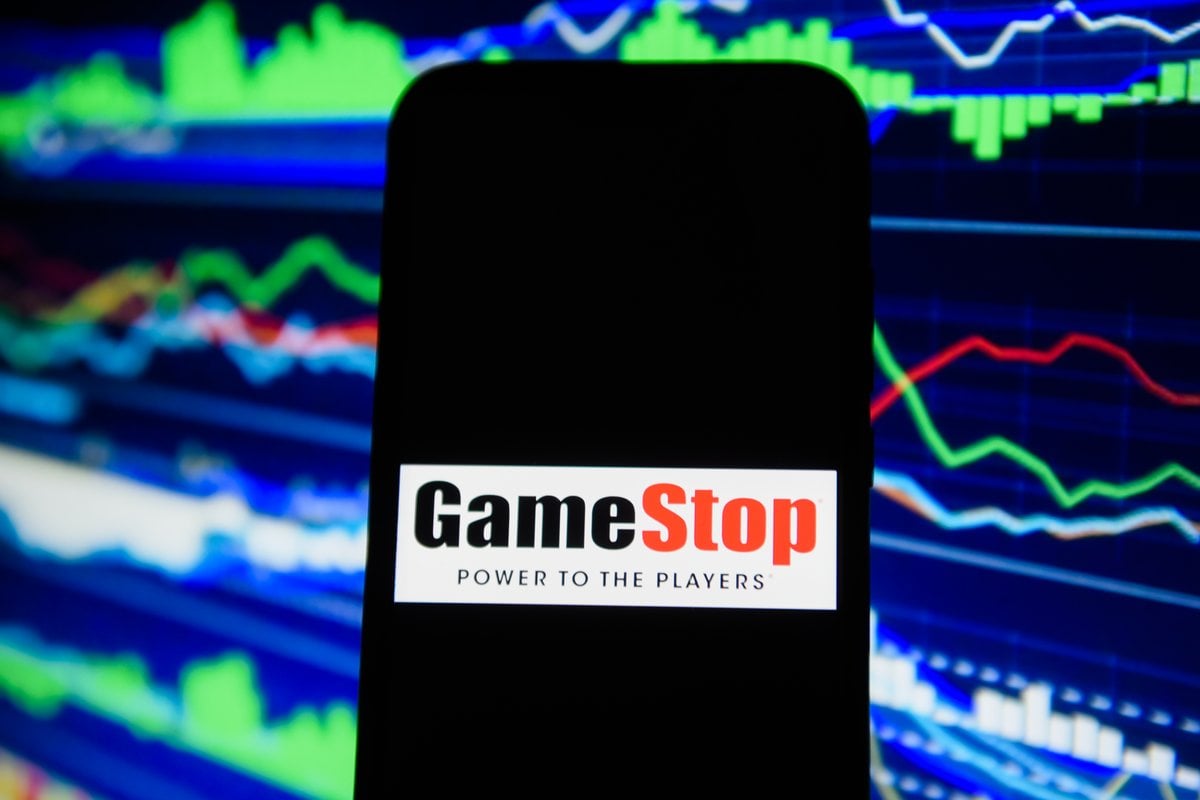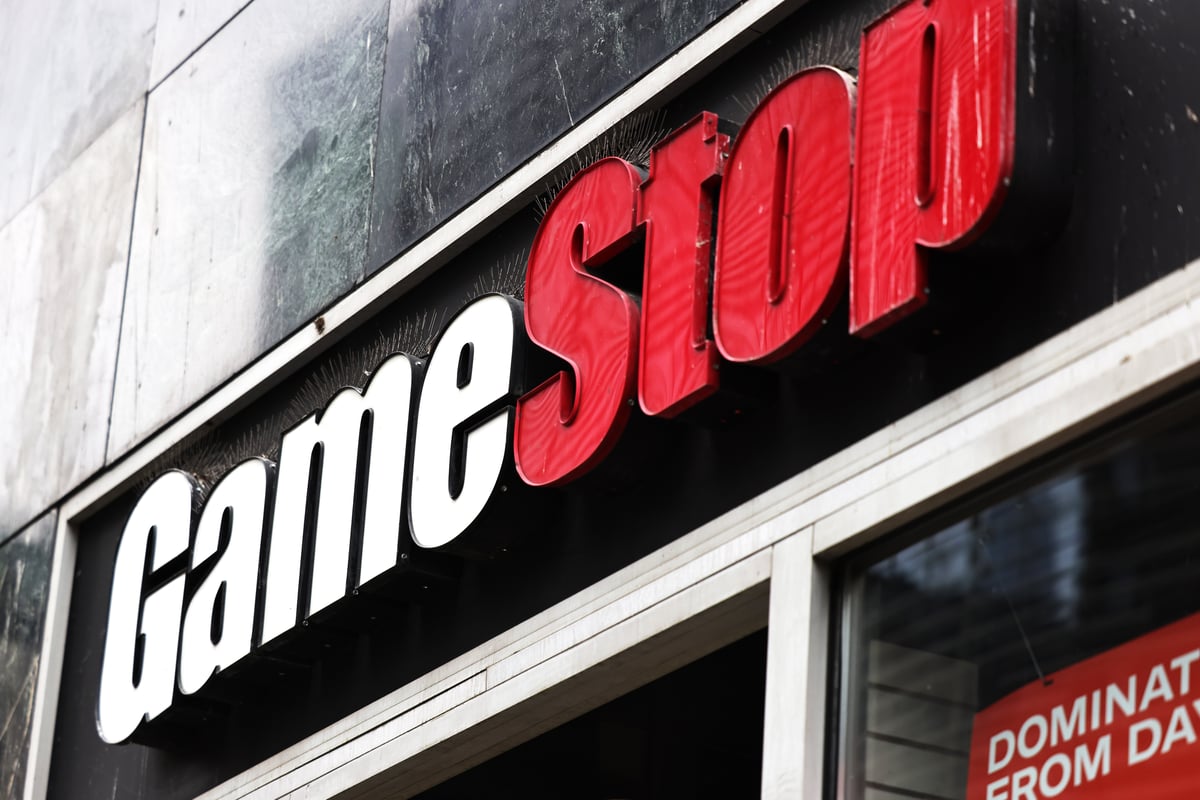
If you've google searched 'GameStop explained for dummies' in the past seven days, you're not alone. Trying to understand the GameStop saga can be like trying to understand upside-down calculus.
Here's the gist: Wall Street has witnessed an uprising of amateur investors who have caused rich people to lose lots of money.
As the headline suggests, we're here to explain it simply. Like this woman, who looks like she's about to cry with every new sentence as she tries to explain GameStop.
a normal person explains what’s happening on the stock market: pic.twitter.com/zKKvULCirX
— Avalon Penrose (@avalonpenrose) January 27, 2021


Top Comments